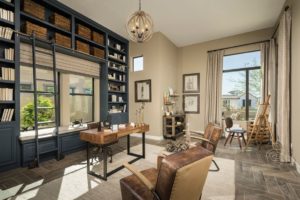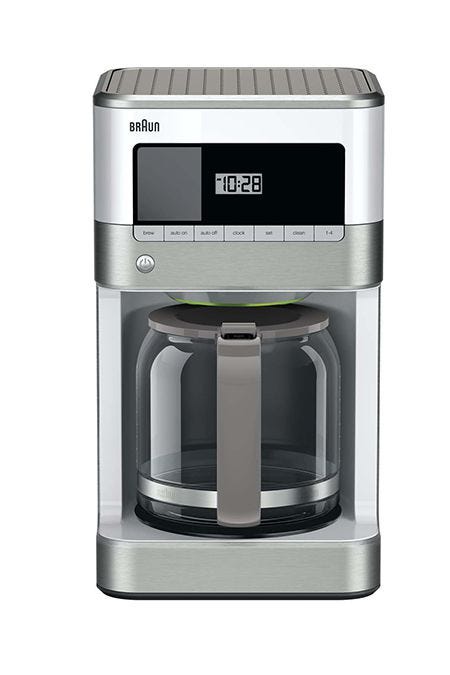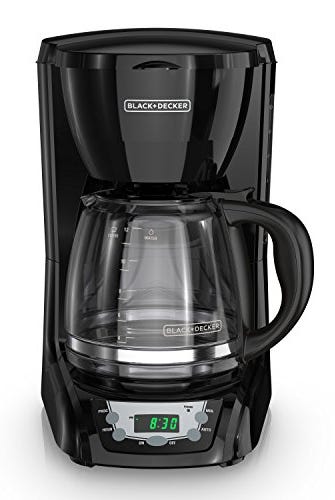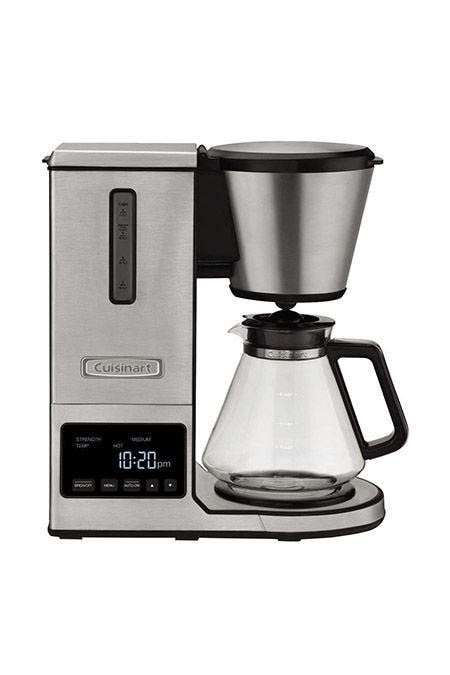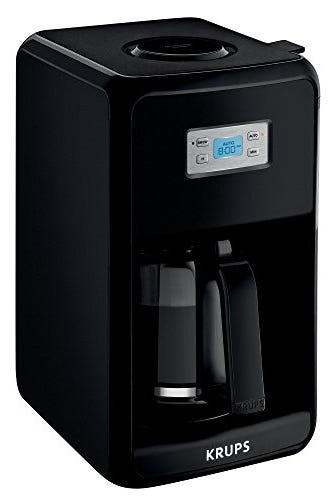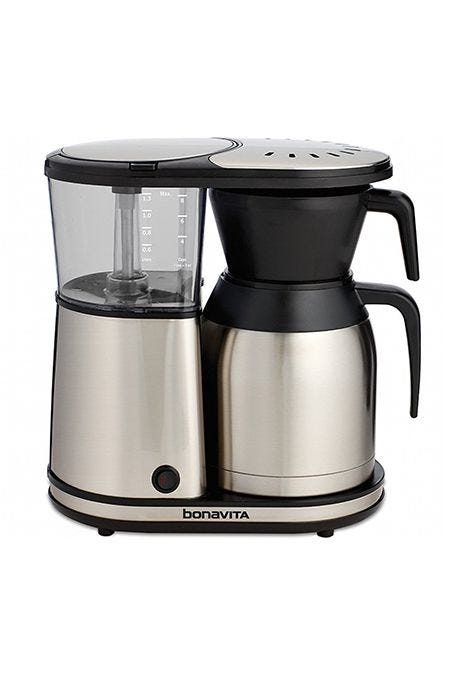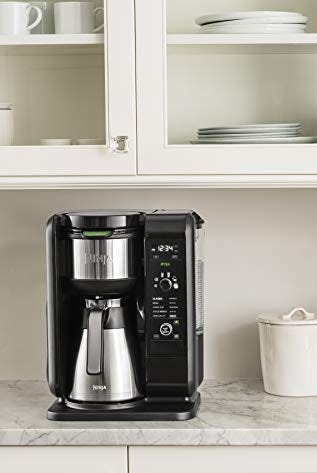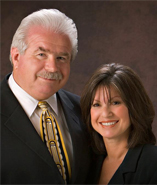 As the temperatures slowly begin to drop, there are a few easy things every homeowner can do to keep their home warm and cozy during the colder months of the year. Plus, these easy-to-implement tips will help you consume less energy and save money on your power bills.
As the temperatures slowly begin to drop, there are a few easy things every homeowner can do to keep their home warm and cozy during the colder months of the year. Plus, these easy-to-implement tips will help you consume less energy and save money on your power bills.
Arizona Winter Chilly Solutions by Joe Szabo, Scottsdale Real Estate Team
 As the temperatures slowly begin to drop, there are a few easy things every homeowner can do to keep their home warm and cozy during the colder months of the year. Plus, these easy-to-implement tips will help you consume less energy and save money on your power bills.
As the temperatures slowly begin to drop, there are a few easy things every homeowner can do to keep their home warm and cozy during the colder months of the year. Plus, these easy-to-implement tips will help you consume less energy and save money on your power bills.

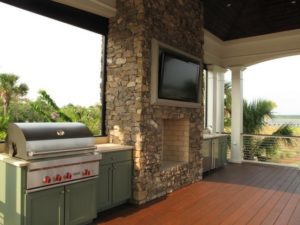
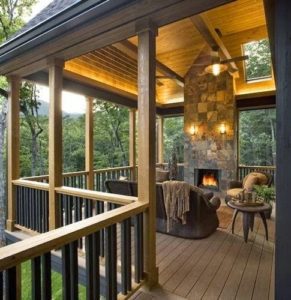 A wood-burning outdoor fireplace is the center of attention in this porch, and dozing, reading, and chatting are the orders of the day. An indoor-outdoor rug softens and defines the gathering space.
The brick in a courtyard and outdoor fireplace can come from old buildings that were torn down. The biggest issue with antique brick is there are several different sizes and it tends to get mixed up. You can set the brick in sand, rather than concrete, to give a relaxed and aged look. Plus, the sand helped level odd-size bricks.
Here are more beautiful outdoor fireplace areas to get your creative juices flowing!
A wood-burning outdoor fireplace is the center of attention in this porch, and dozing, reading, and chatting are the orders of the day. An indoor-outdoor rug softens and defines the gathering space.
The brick in a courtyard and outdoor fireplace can come from old buildings that were torn down. The biggest issue with antique brick is there are several different sizes and it tends to get mixed up. You can set the brick in sand, rather than concrete, to give a relaxed and aged look. Plus, the sand helped level odd-size bricks.
Here are more beautiful outdoor fireplace areas to get your creative juices flowing! 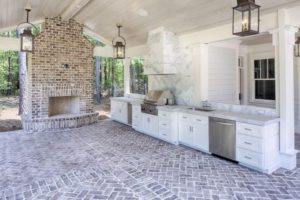
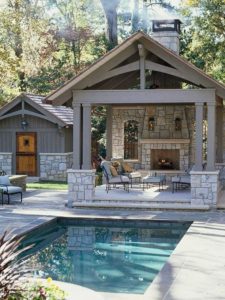 The Szabo Group offers first class real estate services to clients in the Scottsdale Greater Phoen
ix Metropolitan Area in the buying and selling of Luxury homes in Arizona. Award winning Realtors and Re/MAX top producers and best real estate agent for Luxury Homes in Scottsdale, The Szabo group delivers experience, knowledge, dedication and proven results. Contact Joe Szabo at
The Szabo Group offers first class real estate services to clients in the Scottsdale Greater Phoen
ix Metropolitan Area in the buying and selling of Luxury homes in Arizona. Award winning Realtors and Re/MAX top producers and best real estate agent for Luxury Homes in Scottsdale, The Szabo group delivers experience, knowledge, dedication and proven results. Contact Joe Szabo at 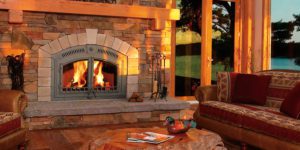
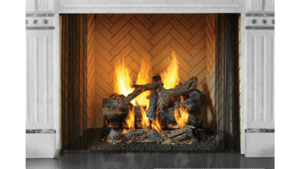
:max_bytes(150000):strip_icc():format(webp)/wireless-speakers-and-home-theater-1846770-Final-5c45eeeec9e77c000175e978.png)
